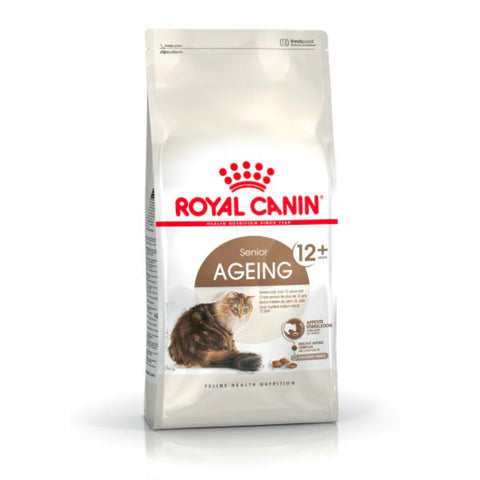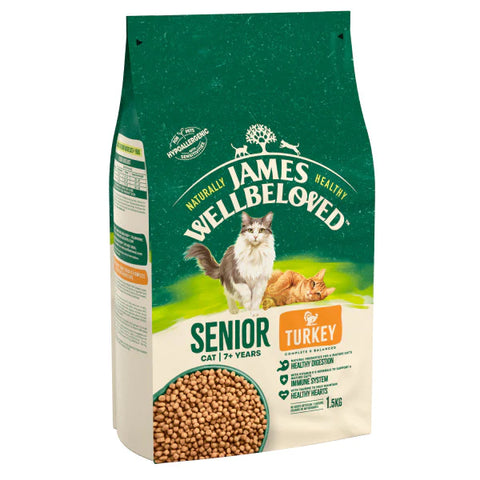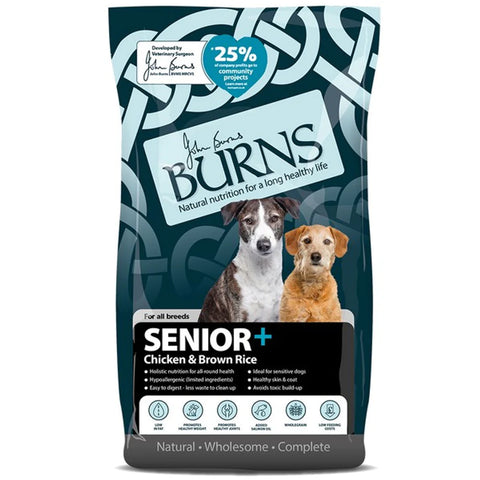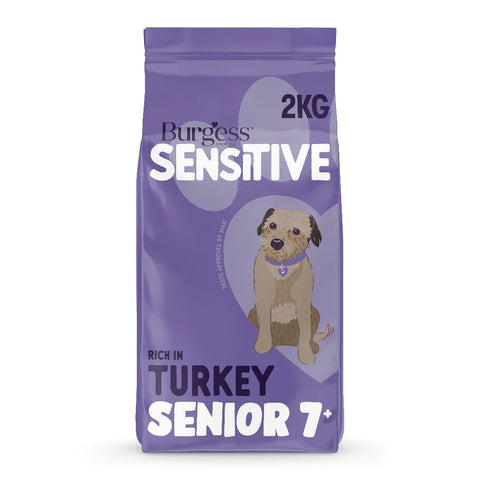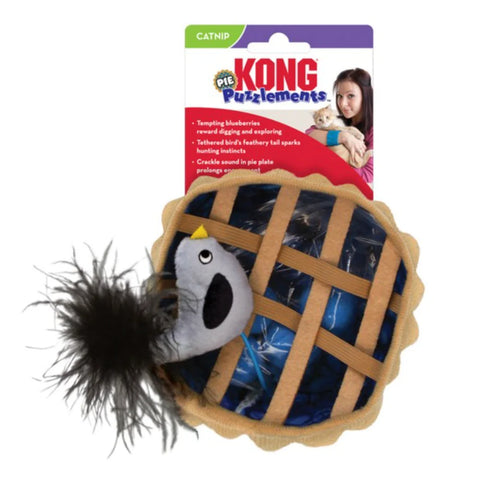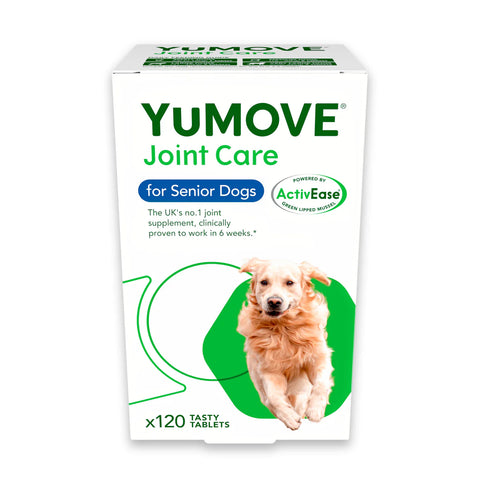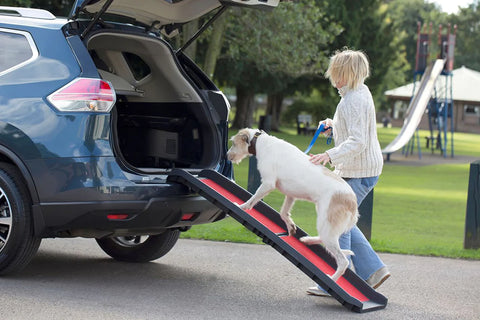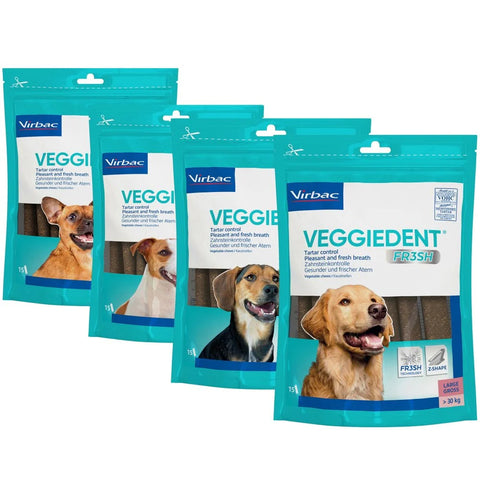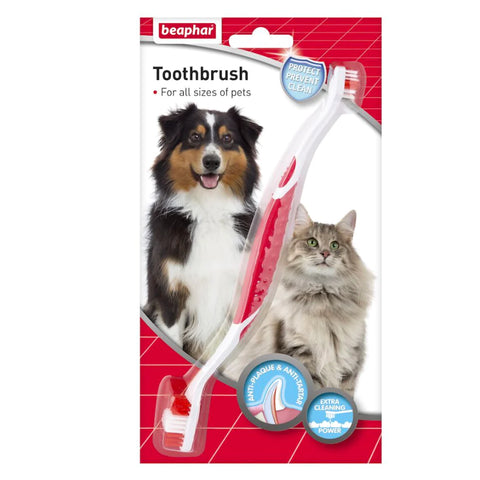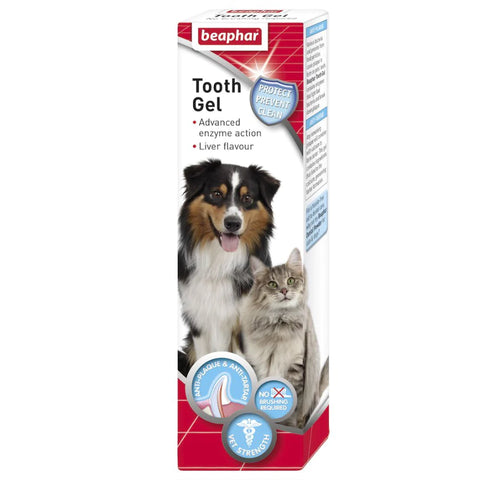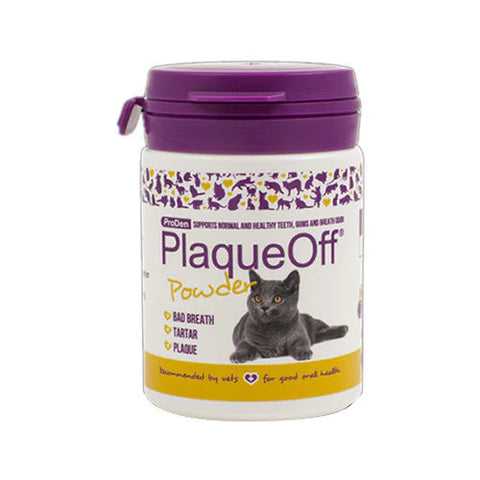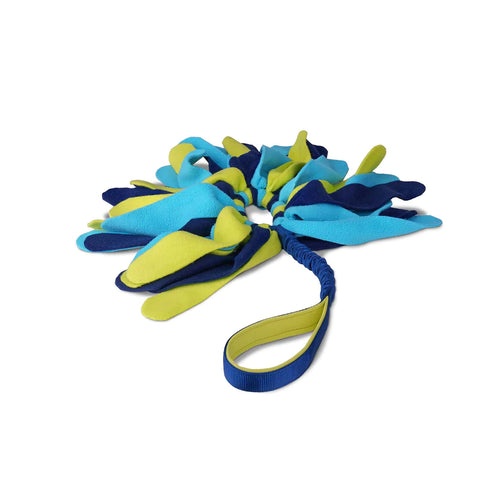Senior Pet Care: Ensuring Comfort and Health in Their Golden Years
As beloved companions age, our furry friends transition into their senior years, bringing along a set of unique needs and considerations. While the love and joy they bring remain constant, caring for senior pets requires attention to different aspects of their well-being. From physical health to emotional support, here’s a comprehensive guide on how to ensure the comfort and happiness of your aging pet.
Understanding Senior Pet Needs
Health Checkups
Regular veterinary checkups are crucial for senior pets. Just like humans, older animals are more prone to health issues such as arthritis, dental problems, organ dysfunction, and cognitive decline. Frequent checkups can help detect and manage these issues early on, ensuring a better quality of life for your furry companion. Additional tests such as blood work, urinalysis, and imaging may be needed to monitor organ function, identify diseases, or manage chronic conditions. Some senior pets might require medications or supplements to manage arthritis, cognitive decline, or other age-related ailments.
Proper Nutrition
Diet plays a pivotal role in a senior pet's health. As animals age, their nutritional requirements change. Specialised senior pet foods can provide the necessary nutrients to support joint health, digestion, and maintain a healthy weight. Encouraging adequate water intake is also crucial for senior pets, as they might become less efficient at regulating their hydration levels. There are numerous reasons why senior pets may require different food including:
As pets age, their metabolism slows down. They may become less active, leading to a decrease in calorie requirements. Senior pet foods are often formulated with lower calorie content to prevent weight gain and obesity while still providing essential nutrients.
Older pets might experience changes in digestion and absorption of nutrients. Specialised senior diets often contain easily digestible ingredients that aid in digestion and nutrient absorption, reducing the likelihood of gastrointestinal issues.
Arthritis and joint problems are common in senior pets. Senior pet foods may contain added supplements like glucosamine and chondroitin to support joint health and reduce inflammation, helping to alleviate discomfort and improve mobility.
Dental problems are prevalent in aging pets. Some senior pet formulas are designed with kibble shapes or textures that promote dental health by reducing plaque and tartar build up, contributing to overall oral hygiene.
Senior pets often have specific nutritional needs. Their diets may require adjustments in protein, fat, and carbohydrate levels to support their changing health conditions, such as kidney function, muscle maintenance, and immune system support.
Older pets may experience changes in their skin and coat. Senior pet foods can include higher levels of essential fatty acids and vitamins to promote healthy skin, reduce inflammation, and improve coat condition.
Specialized senior pet foods are formulated with antioxidants, vitamins, and minerals that support aging immune systems, help maintain organ function, and promote overall health and longevity.
Royal Canin Ageing 12+ Dry Cat Food For Cats 4kg £44.99, James Wellbeloved Senior Cat Food Turkey & Rice £14.79, Burns Senior + Chicken & Brown Rice 2kg for Small & Large Dogs £15.99 and Burgess Sensitive Senior Dog Food In Turkey 2kg £9.09Exercise and Mental Stimulation
While senior pets may not have the same energy levels as before, regular exercise is still essential for maintaining mobility and a healthy weight. Tailor exercise routines to accommodate their abilities, opting for gentle activities like short walks or interactive play sessions. Mental stimulation through puzzles and games can also help keep their minds sharp and engaged as cognitive function can decline in older pets. Exercise is still important for senior pets, but it may need to be modified to accommodate their reduced energy levels and potential mobility issues. Some senior pets might benefit from ramps, stairs, or orthopaedic beds to assist with mobility and alleviate joint pain.
KONG Cat Puzzlements Pie £7.89 and YuMOVE Joint Care for Senior Dogs 120 Tablets £42.09Comfort and Safety
Create a comfortable and safe environment for your senior pet. Provide soft bedding that supports their joints, especially if they suffer from arthritis. Additionally, ensure a pet-friendly home by removing obstacles and using ramps or stairs to assist them in accessing elevated areas.
Henry Wag Lightweight Folding Pet Ramp £72.99
Creating a comfortable environment for senior pets is crucial as it significantly impacts their quality of life and overall well-being. Several reasons highlight the importance of a comfortable setting for aging pets:
Joint and Mobility Support:
Senior pets often experience arthritis or other joint issues as they age. Providing a comfortable environment with soft bedding or orthopaedic mattresses helps alleviate pressure on their joints, reducing pain and discomfort.
Temperature Regulation:
Older pets may struggle with regulating their body temperature. Ensuring a comfortable ambient temperature in their living space helps them stay warm in colder climates or keeps them cool in warmer conditions, preventing stress or health complications.
Stress Reduction:
Senior pets can be more sensitive to changes in their environment. Creating a familiar, stress-free space minimises anxiety and promotes a sense of security, helping to maintain their mental and emotional well-being.
Safety and Accessibility:
A comfortable environment for senior pets involves removing potential hazards or obstacles that could cause accidents. Additionally, providing ramps, easy access to food and water, and minimising high surfaces to jump from helps prevent injuries.
Cognitive Stimulation:
Comfort extends beyond physical aspects; mental comfort is equally important. Providing a calm and predictable environment with familiar routines contributes to mental stimulation, reducing cognitive decline in senior pets.
Rest and Relaxation:
Senior pets often require more rest. A comfortable environment allows them to rest undisturbed, aiding in recuperation and promoting better sleep quality, which is essential for their overall health.
Quality of Life:
Ultimately, a comfortable environment significantly enhances the quality of life for senior pets. It enables them to live their golden years in a peaceful, comfortable, and supportive setting, surrounded by love and care.
Creating a comfortable environment involves considering various factors such as temperature control, safety measures, accessible living spaces, and emotional support. Adapting their surroundings to cater to their specific needs ensures that senior pets can navigate their daily lives comfortably and happily as they age gracefully.
Signs of Aging and Health Issues
Changes in Behaviour
Pay attention to any changes in behaviour or routine. Increased lethargy, reluctance to play, excessive vocalisation, or altered eating habits could indicate underlying health issues that require prompt attention. Senior pets might become less active and show decreased interest in activities they once enjoyed. This change could be due to age-related conditions, joint pain, or reduced energy levels. They may also nap more frequently during the day or have trouble sleeping through the night. Loss of appetite or changes in eating habits can occur in senior pets. This could be due to dental issues, gastrointestinal problems, or underlying health conditions. Senior pets might show reduced interest in social interactions with humans or other pets. They might prefer solitude or exhibit changes in their response to affection and attention.
Dental Health
Dental health is crucial for senior pets as they age, just as it is for younger animals. However, dental issues can become more prevalent and severe in older pets due to a lifetime of wear and tear on their teeth. Maintaining good dental hygiene is essential to prevent various dental problems that can affect senior pets and regular dental checkups and professional cleanings are crucial to prevent issues and maintain oral health. Dental problems are common among senior pets and can lead to discomfort or difficulty eating.
One of the most common dental issues in senior pets is periodontal disease, characterised by inflammation and infection of the gums and supporting structures of the teeth. This condition can lead to tooth loss, pain, and even systemic health problems if left untreated.
Implementing a dental home care routine is crucial. This includes regular brushing using pet-specific toothpaste and toothbrushes, dental chews or toys, and dental diets recommended by veterinarians.
Veggiedent Fresh Dog Dental Chews £8.69-£15.09, Beaphar Toothbrush for Cats & Dogs £5.39, Beaphar Liver Flavoured Tooth Gel for Cats & Dogs 100g £6.89 and Plaqueoff Dental Support Powder Cat 40GVision and Hearing
As pets age, their senses may deteriorate. Vision and hearing changes can occur in senior pets, much like in humans. These changes are often gradual and can impact their daily lives. Understanding these changes and providing appropriate care and accommodations can significantly improve the quality of life for senior pets. Keep an eye out for signs of vision or hearing impairment, consulting with a veterinarian can help manage these conditions.
Vision Changes in Senior Pets:
1. Cataracts:
Senior pets are prone to developing cataracts, leading to cloudiness in the lens of the eye, which can cause blurred or impaired vision. This condition can vary in severity, and some cataracts might require surgical intervention.
2. Decreased Visual Acuity:
Aging can lead to a decline in visual acuity. Senior pets might have difficulties seeing objects clearly, especially in low-light conditions or at a distance.
3. Eye Diseases:
Conditions such as glaucoma, dry eye, retinal degeneration, and progressive retinal atrophy can affect senior pets' vision, causing discomfort or vision loss.
Signs of Vision Problems in Senior Pets:
- Bumping into objects
- Increased clumsiness or hesitation to move
- Squinting or blinking excessively
- Cloudiness or changes in the appearance of the eyes
- Reluctance to go outside, especially in low-light conditions
Hearing Changes in Senior Pets:
1. Hearing Loss:
Older pets might experience hearing loss due to age-related changes in the inner ear. This can range from mild to severe impairment and can affect their responsiveness to sounds.
2. Ear Infections:
Senior pets may be more prone to ear infections, which can lead to temporary or permanent hearing loss if left untreated.
Signs of Hearing Problems in Senior Pets:
- Unresponsiveness to sounds or commands
- Startling easily
- Prolonged sleeping or not waking up easily
- Head shaking or pawing at ears
- Discharge or foul odour from the ears
Care and Support for Senior Pets with Vision and Hearing Changes:
- Regular Vet Check-ups: Routine check-ups with a veterinarian can help detect and manage vision or hearing issues early on.
- Adapted Environment: Making accommodations such as using visual aids like brightly coloured toys, providing well-lit areas, and avoiding sudden changes in furniture placement can assist visually impaired pets. For hearing-impaired pets, using hand signals instead of vocal cues can be helpful.
- Safety Measures: Ensuring the home environment is safe and free from obstacles helps prevent accidents for pets with vision impairment.
- Specialist Consultation: Consulting with veterinary ophthalmologists or veterinary audiologists for specialised care or interventions can be beneficial for pets with severe vision or hearing impairments.
Cognitive Function
Cognitive function in senior pets refers to their mental abilities, including memory, learning, perception, and problem-solving skills. Just like humans, aging pets might experience changes in cognitive function, a condition often referred to as cognitive dysfunction syndrome (CDS) or canine and feline cognitive dysfunction (CCD or FCD). These changes can affect their behaviour, daily routines, and overall quality of life.
Senior pets may experience anxiety or stress due to changes in their environment or health. Shower them with love and attention, maintain familiar routines, and create a peaceful atmosphere to ease any emotional distress they might be facing. Providing emotional support to senior pets is crucial for their overall well-being, especially as they navigate the challenges that come with aging. Create a safe and comfortable living space with familiar bedding, toys, and items that they have grown accustomed to. Minimise changes in their environment to reduce stress. Spend dedicated time with your senior pet, engaging in activities they enjoy. Offer affection, petting, grooming, and gentle play to reinforce the bond between you and provide emotional reassurance. Understand that senior pets may exhibit changes in behaviour due to aging or health issues. Be patient with any new behaviours they display and respond with understanding and compassion.
Looking After Your Senior Pets with Direct4Pet
Caring for senior pets requires a blend of vigilance, understanding, and compassion. By being proactive about their health, providing proper nutrition, ensuring a comfortable living environment, and offering emotional support, you can help your furry friend navigate their golden years with grace and contentment. Shop our full range of senior foods and toys along with many other helpful products for your senior pets on our website. Remember, a little extra care goes a long way in ensuring your senior pet's happiness and well-being.

